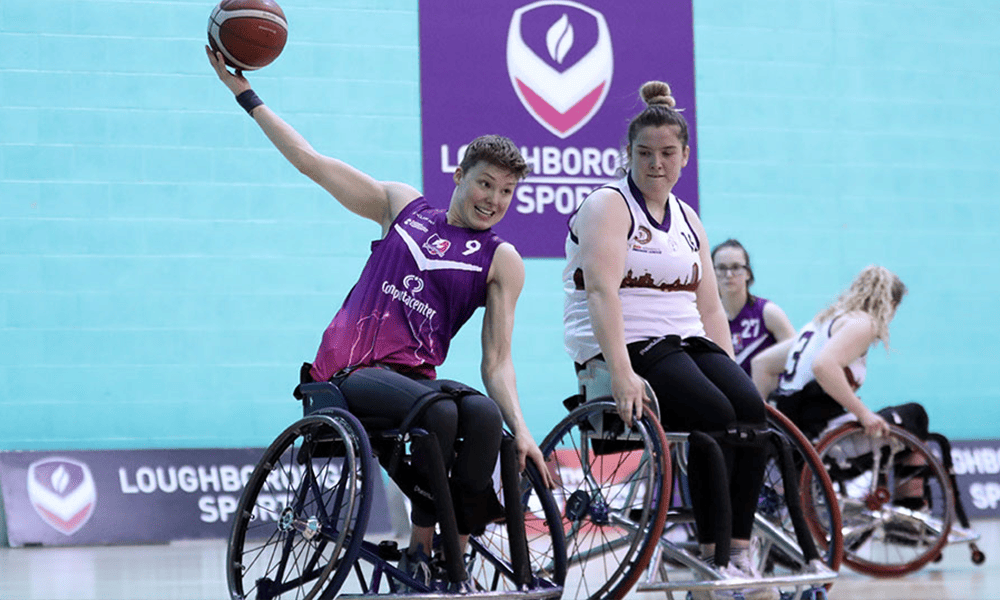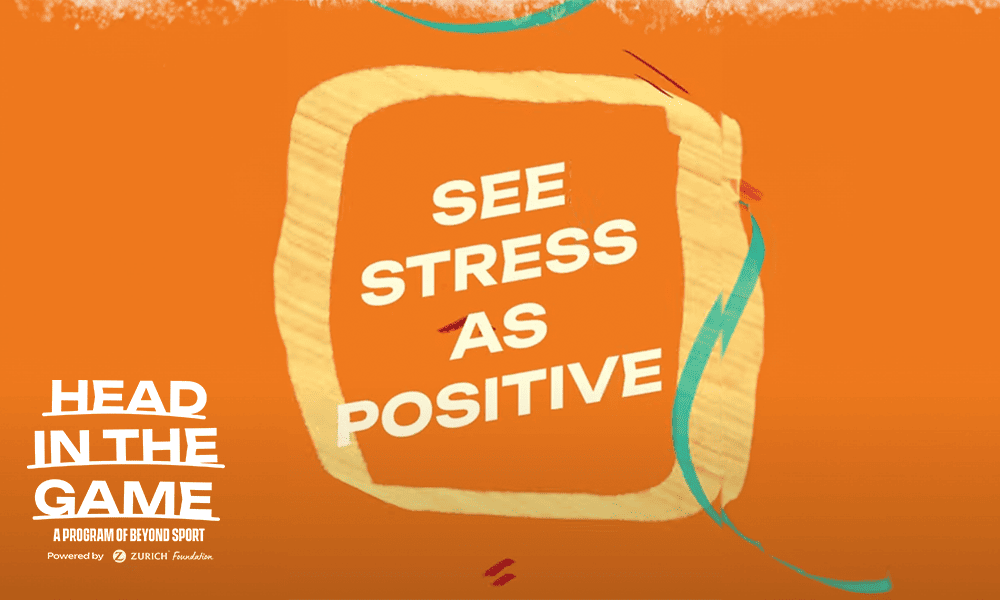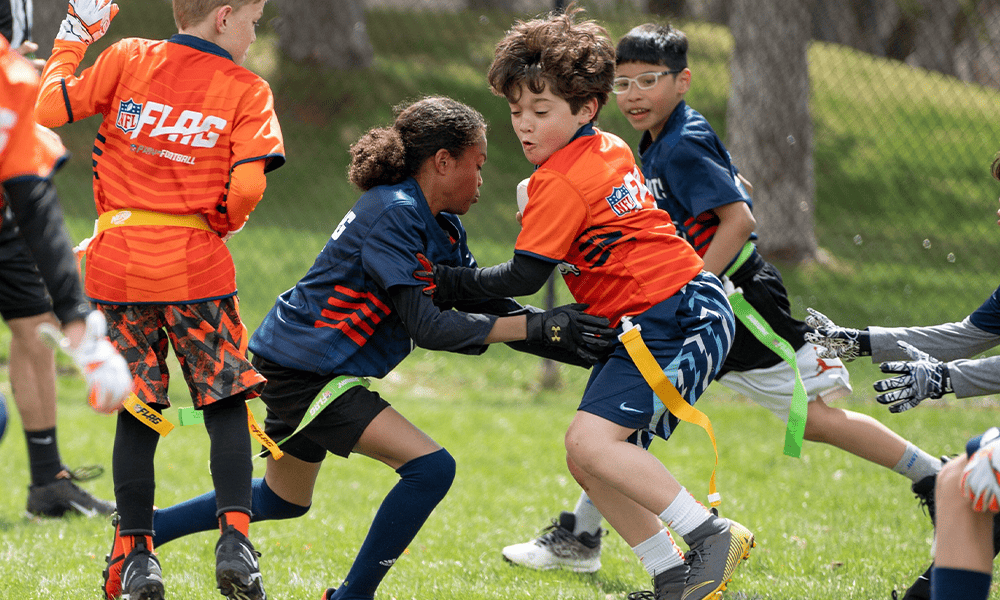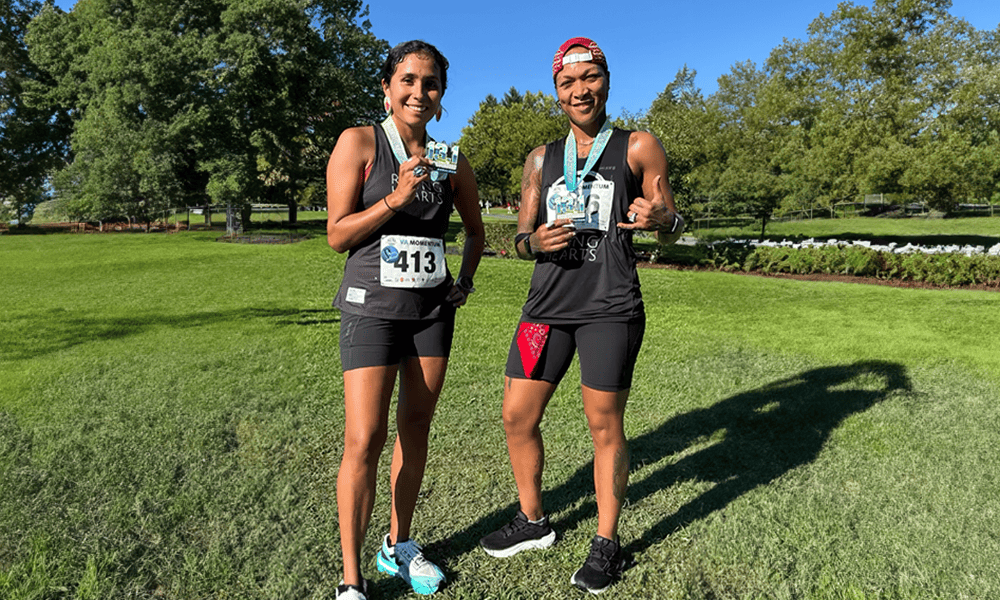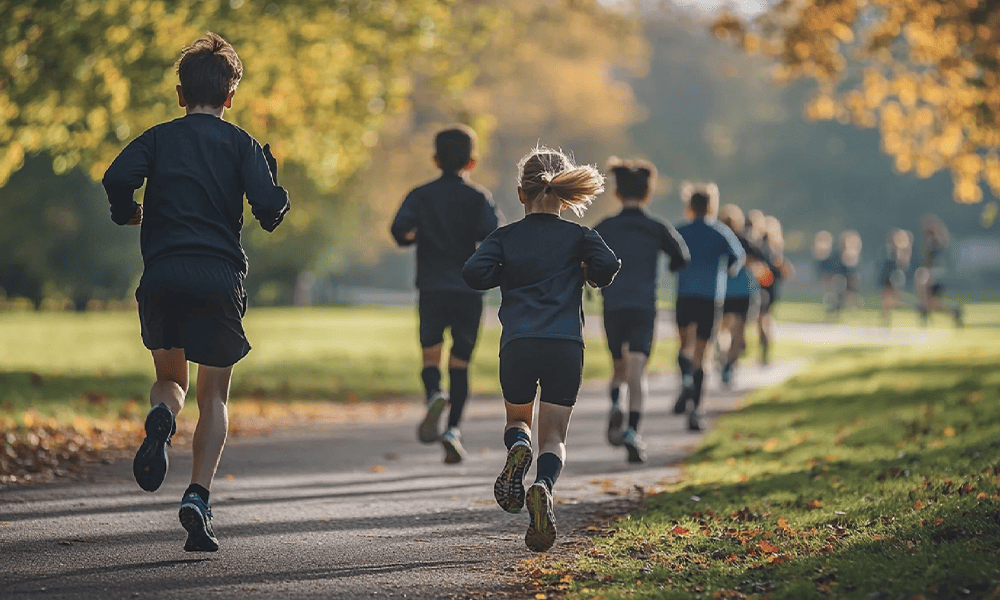September 20, 2024
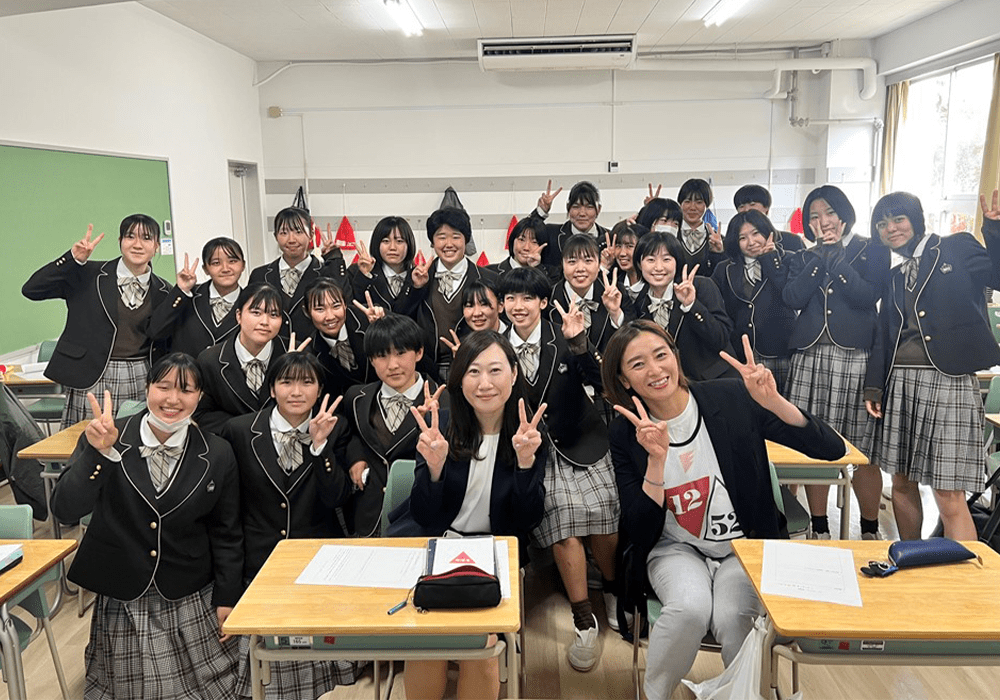
Last month, we announced the five inaugural recipients of the new annual Ignite365 Awards as part of the Olympism365 Innovation Hub—a collaboration between the International Olympic Committee, Beyond Sport and Women Win. Each of the five is advancing the UN Sustainable Development Goals (SDGs) in unique ways and will receive an initial grant of $10,000 to support their projects.
Today, meet Never Stop Playing Sports (NSPS), which was originally launched in 2020 to support student-athletes in Japan affected by the COVID-19 pandemic. Since then, it has been supporting female student-athletes through its “1252 Project” – Japan’s first educational program that provides menstrual health education and support for student-athletes to ensure they can keep playing. The Ignite365 Award-winning initiative supports youth, currently numbering 5,000, through educational platforms that provide reliable information, advice and guidance about menstruation and sporting performance. It also includes an online textbook designed to increase community outreach and engagement.
We spoke to COO Kota Mogami on the creation of 1252 Project, challenges surrounding menstruation education in Japan and more.
What challenges do student-athletes face on this topic and how is NSPS addressing them?
The top challenges are the acknowledgment of menstrual issues as social issues rather than societal taboos, as well as a huge lack of access to menstruation education. Coach involvement is also an issue because 80% are men. Additionally, it’s a struggle to involve parents in this conversation.
Asian culture is conservative and it has not been socially appropriate to discuss the matter of menstruation. This is what we’re trying to change through the 1252 Project. We aim to innovate the dialog on this topic by involving male coaches, supervisors and leaders of the sports industry. We believe that inclusivity will help change the dialog from a “taboo” to a “social issue.” Additionally, we partner with top athletes, medical facilities and educational fields to help students gain the right information, advise and guidance about menstrual problems.
How did the 1252 Project come about?
During the pandemic, throughout the country, we lost all opportunities to play sports including club activities and tournaments. NSPS was established to help student-athletes remain engaged in sports. And, the 1252 Project was born from the unique challenges faced by female athletes.
Menstrual-related symptoms can cause major physical problems that can affect the careers of these women. One of our members, Hanae Ito, suffered from menstrual issues in the 2008 and 2012 Olympic Games. She has a unique vision to support the specific needs of women athletes, giving them a reason to speak out for their best performance. This is why we include prominent women athletes in our social conversations, educational seminars and workshops at schools and online because they’ve directly experienced the challenges of menstruating and performing at an elite level. Some are also involved in developing our educational programs.
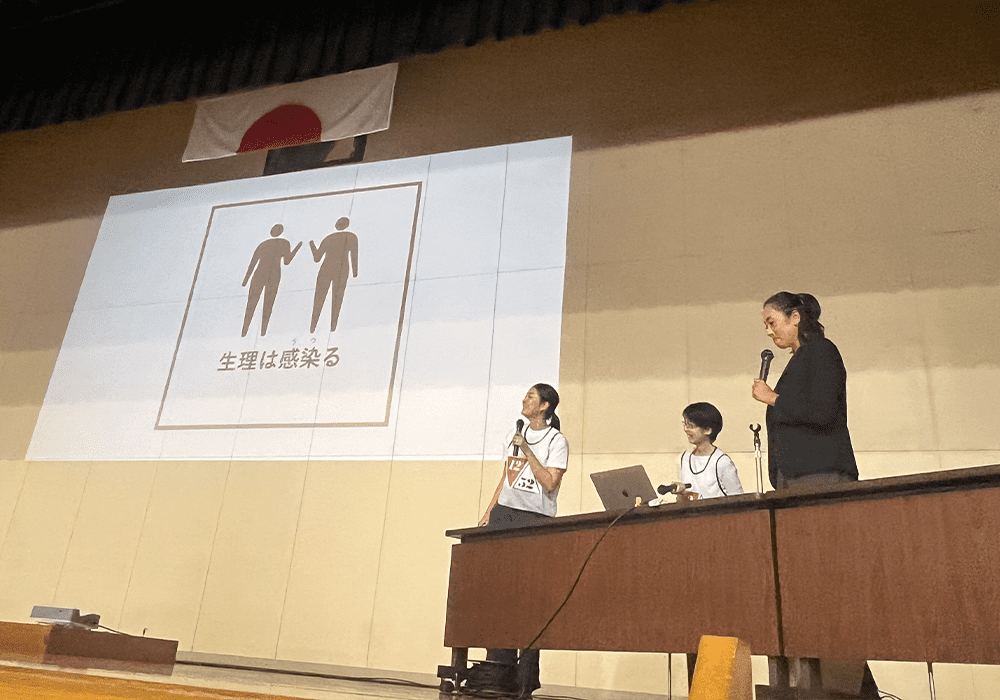
What is it about sport that is empowering and a good tool to foster education?
We all know sports can have such a positive impact on our lives. Especially at a younger age, sports play a huge role in shaping personalities and fostering independence. Student-athletes can learn how to problem-solve and communicate with others while engaging in sports. Our team aims to solve structural and societal problems which cannot be solved by students themselves.
What makes the 1252 Project a unique and creative solution to the SDGs?
Many existing projects address menstrual issues, but few are focused on athletes or led by an Olympian and none include men in the conversation. We believe the 1252 Project is unique because our top athlete network has been promoting the empowerment of women for the next generation of young female athletes by making collaborative efforts with experts from the medical and educational fields.
As 1252 Project Leader and 2-time Olympian Hanae Ito shared, “When I was a teenager competing on Japan’s national swimming team, my period was just something that naturally came every month. I hadn’t thought about how it could affect my performance or mental health. I had no idea about PMS or PMDD [premenstrual dysphoric disorder], nor was I aware of the existence of the pill, its side effects, its safety or how overseas athletes were using it with such control. I never thought that I would have regrets when I reached the Olympic stage. When I think about it now, I feel that it was because, at the time, there was no place that I could go to learn about menstruation or anyone I could ask for advice. For that reason, I want all female student athletes, to know more about the topic as well as mentors and male athletes.
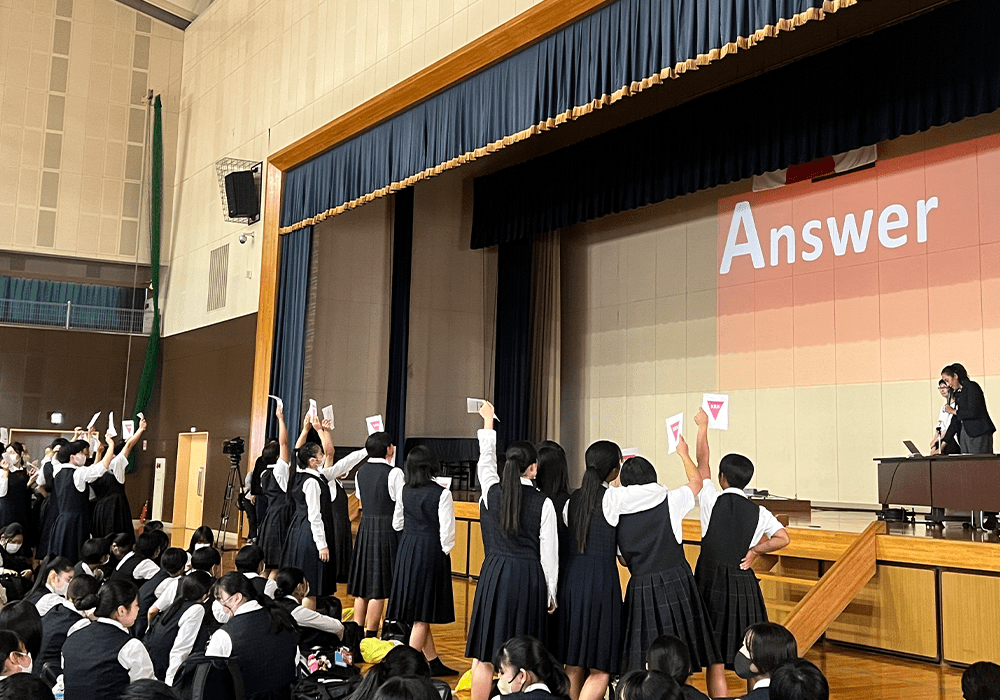
What is the future of the 1252 Project?
We have created a social atmosphere where we can publicly and openly discuss menstrual issues. We have also launched a qualification program for the project, which has involved 500 people so far. Our qualification test is composed of seven categories: history, medical science, kinesiology, dietetics, anti-doping, strength and conditioning and communication. The goal of this test is to train sport instructors to have appropriate knowledge to instruct women athletes.
We believe that the project will have a positive impact on low-income athletes who have less access to medical support for their menstrual problems. Our initial step is to translate our educational programs into English or local languages. The process of translation will include conducting research to understand the situation in each country and adjust the program accordingly. While implementing the program, we hope to build connections with companies that can provide ongoing support and establish appropriate collaboration mechanisms for sustainable activities.
How will the Olympism365 Innovation Hub help boost your impact?
The Olympism365 Innovation Hub Funds will support the global expansion of our educational tools into other countries in South-East Asia including translating and ensuring materials are context specific.
One of our long-term goals is to spread our 1252 projects internationally and empower women. Menstrual issues transcend borders and affect women athletes worldwide, so we hope this opportunity could contribute to disseminating this shared concern, or perhaps make some internationally collaborative efforts to raise awareness.
Stay tuned to hear from the other Award recipients over the coming weeks!
